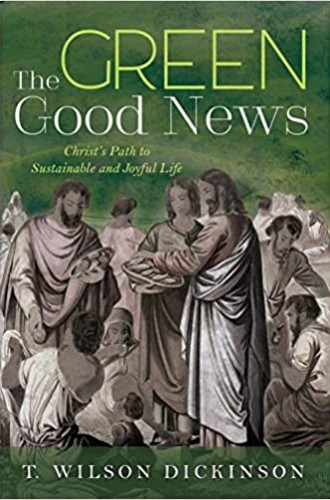Ecological ethics are resistant to simple, pious approaches, even more than other ethical considerations are. So we may be forgiven for approaching eco-theology monochromatically, as if there were only one shade of green. And it’s easy to see only one color when things feel intense. I keep seeing in my mind’s eye Greta Thunberg shouting at the United Nations Climate Action Summit, “How dare you! You have stolen my dreams and my childhood with your empty words!” A small voice inside me replies, But what can I do? It all feels so huge.
Of course we all know we can practice the kind of eco-pietism exemplified in the three Rs: reduce, reuse, recycle—simple and good stewardship-of-creation practices that live out the Genesis 2:15 dictum “to take care of it and to look after it” (CEV). But we also know our individual simple acts of eco-piety will never be sufficient to avert ecological disaster. And religious calls for eco-justice, for a Green New Deal, for global action that is big and consequential, can ring hollow when we individuals rarely live up to the demands in front of us—and when the magnitude of the crisis appears virtually insurmountable.
Eco-theologians, as illustrated in these two volumes, are convinced that we still need to talk about eco-theology and to act. In the foreword to Ecotheology, Katharine Hayhoe puts it this way:







